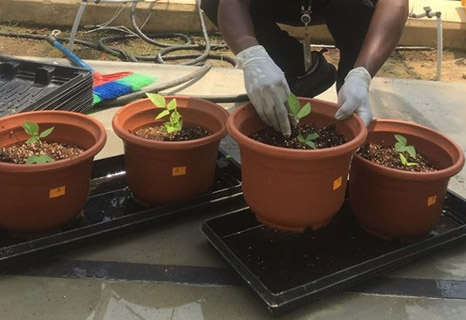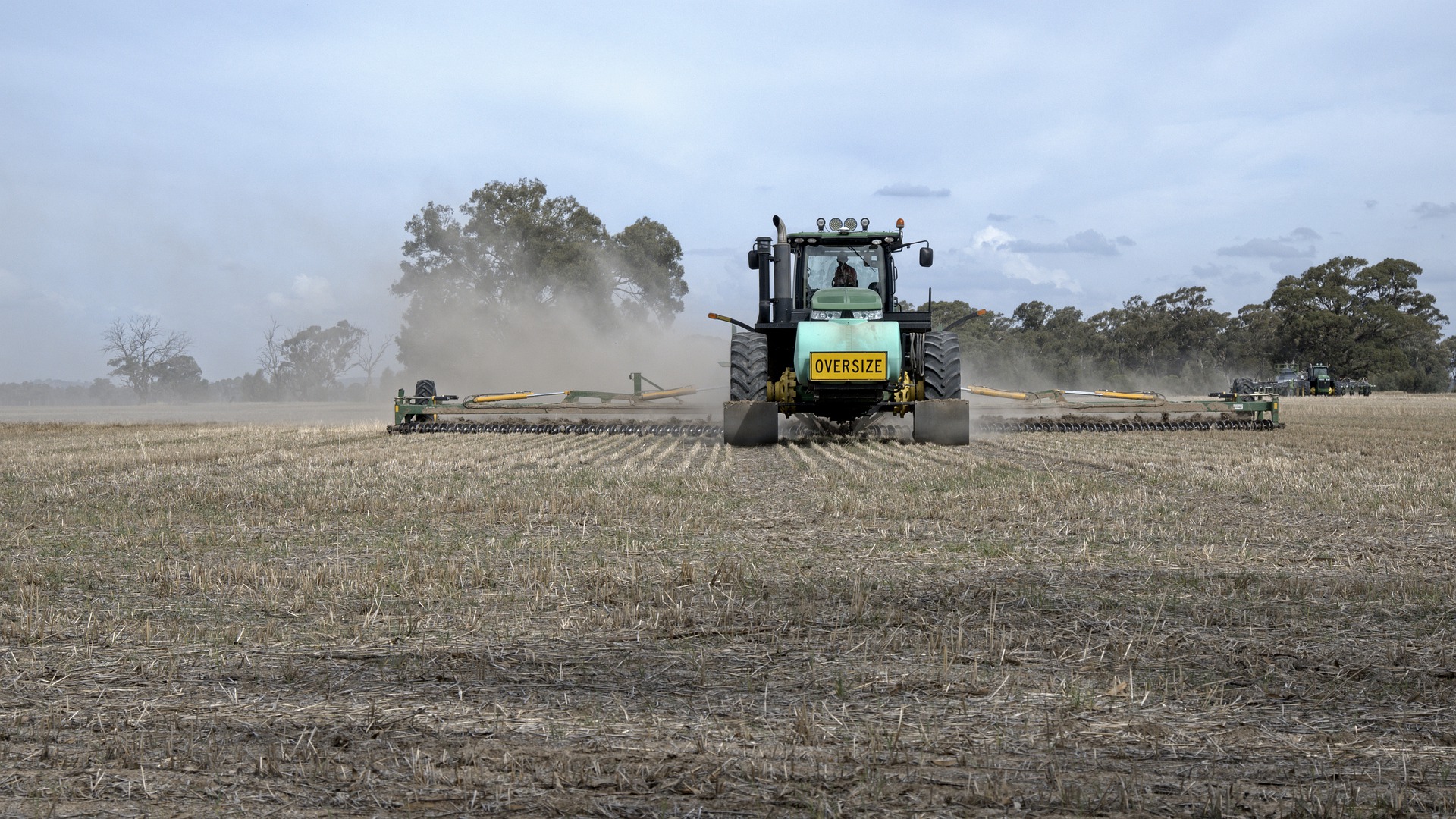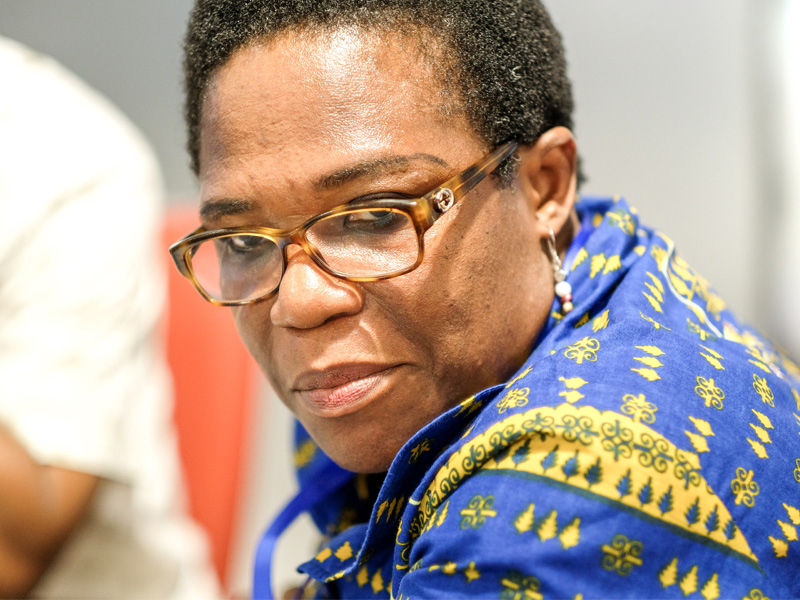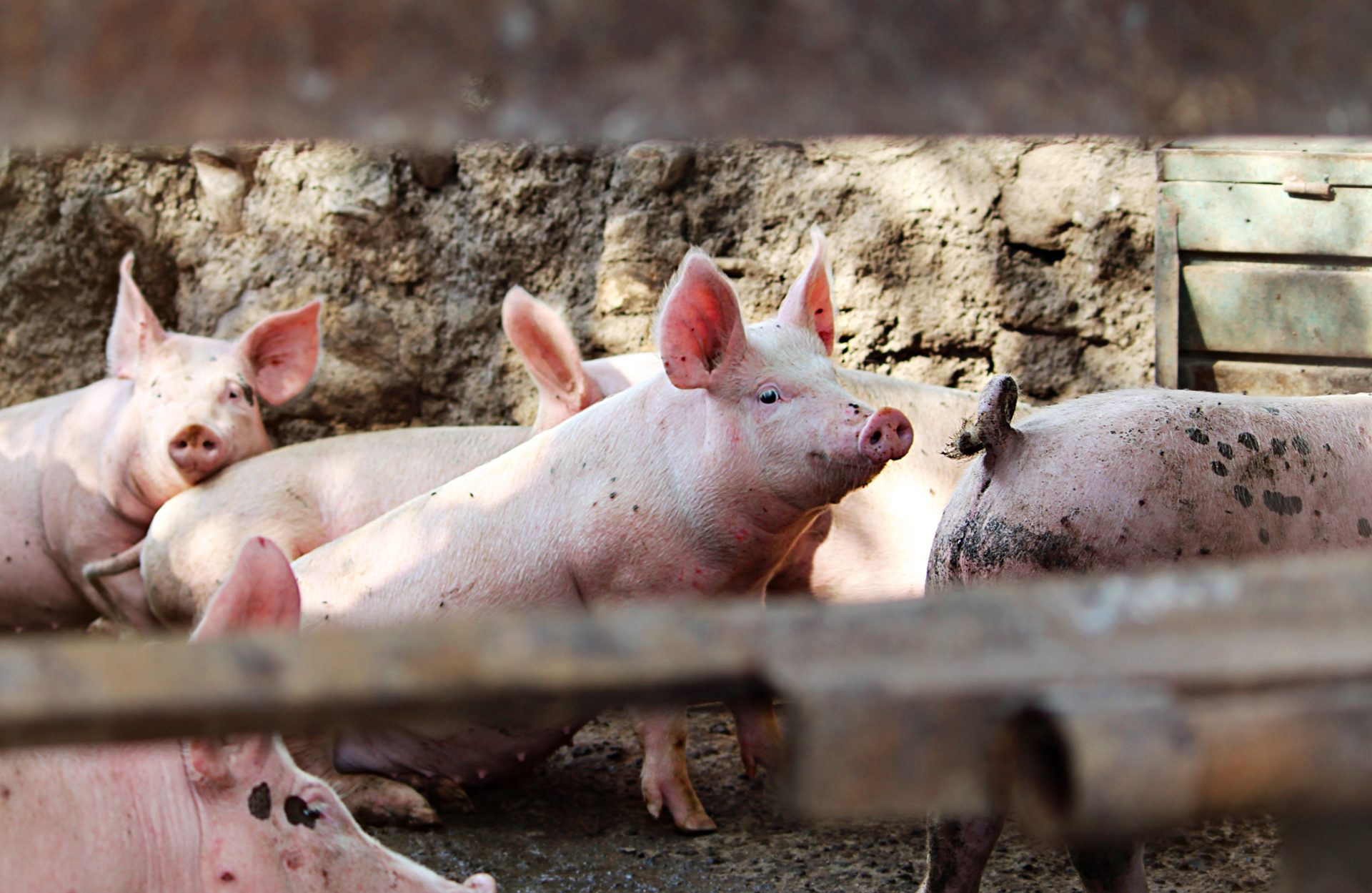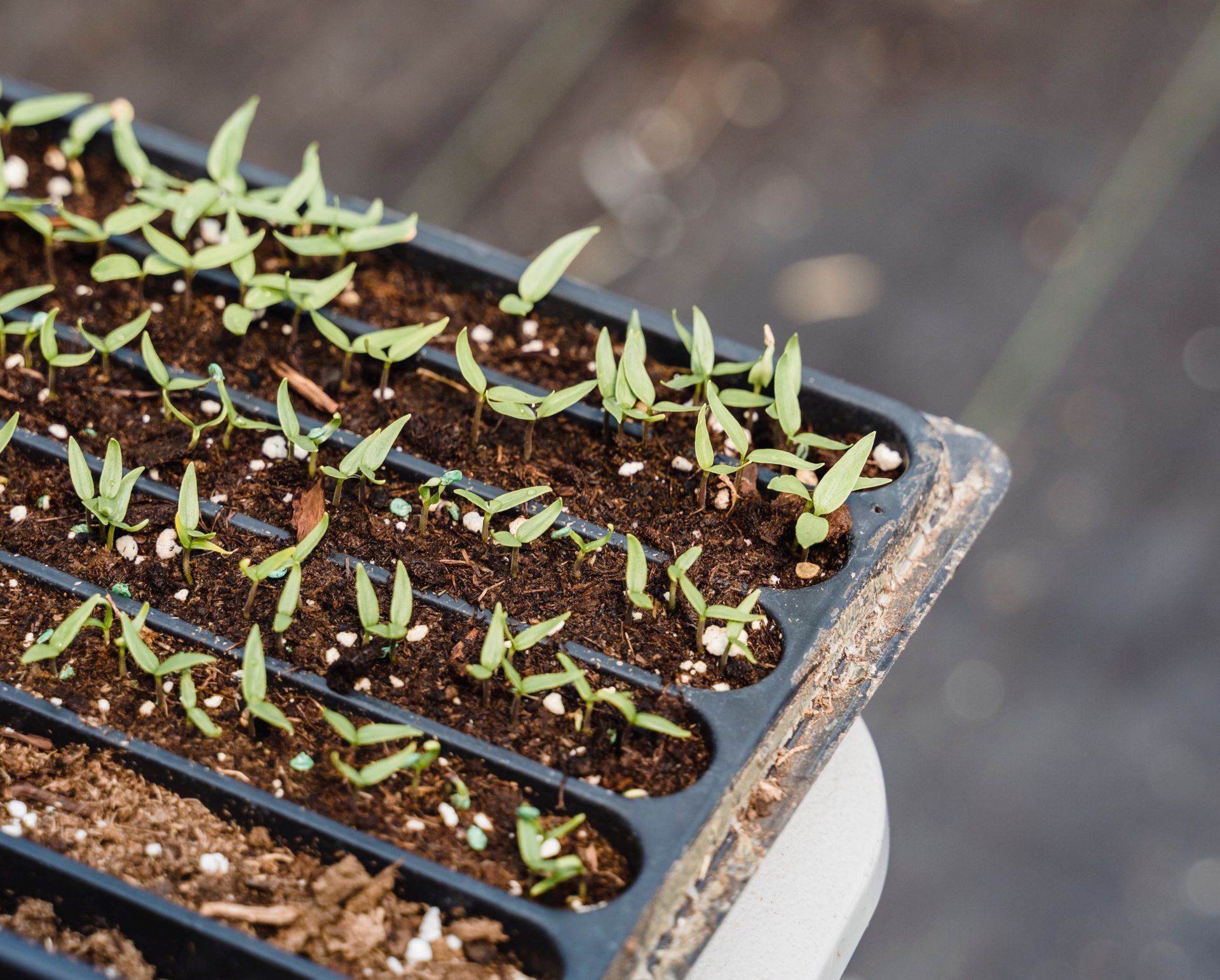Innovating Out of the Urban Street Food Safety Challenges in Ghana (Urban Safe)
Thematic Area: Food security and agribusiness
University: University of Ghana (UG)
Project Leader: Dr. Abigail Ampomah Adaku
Collaborating Partners: Kansas State University, USA; International Water Management Institute (IWMI)-Ghana
Duration: 2 years
Project Overview
Preamble
For the low- and middle-income class of African economies, street foods may provide the fastest and cheapest alternative source of prepared food compared to restaurants and food prepared at home. However, the street food sector has been identified to be fraught with unwholesome practices in packaging, storage, preparation, and handling which pose serious health risks to stakeholders, particularly consumers. The advent of COVID-19 has accentuated the last mile delivery part of the food supply chain and thus raises concerns about food safety, particularly the storage temperatures for perishables as well as carbon monoxide contamination.
The technology
The project aims to leverage the rare capability in academia to lead an innovative design thinking approach to generate solutions that enhance street food safety and hygiene. This approach involves a co-creation philosophy where the needs of street food consumers are identified and fulfilled collaboratively by both the consumers and vendors. The scope of the project will involve an initial stage of exploring to understand the urban street food safety problem through published and unpublished literature review, street food vending field observational studies paralleled with street food vendors and consumer focus group discussions and interviews. Ideas of alternative solutions will be generated through brainstorming with stakeholders. This will be followed by a choice experiment to value consumer preferences and willingness to pay for such alternative solutions as well as the willingness of street food vendors to adopt and practice same. The co-created solutions will be modelled as a prototype to train to build the capacity of community street food vendors
Expected Impact
The insights obtained from this research will inform policies aimed at enhancing street food safety, particularly among the urban poor and vulnerable. Additionally, minimizing the health risks of street food to urban dwellers will not only reduce their down times due to food-related sicknesses but will also engender productivity, spur prosperity and improve their overall quality of lives. Further, the investigation offers opportunity for capability to be built, locally, among researchers at the Department of Agricultural Economics and Agribusiness, University of Ghana, to support sustainable training on street food safety among community street vendors.
For more information, please contact the Project Leader.


